As your dog ages, you may notice changes in their behavior, mobility, and overall health. Just like humans, dogs experience the effects of aging, and as pet owners, it’s our responsibility to ensure their golden years are as comfortable and fulfilling as possible. Here are ten ways to help your dog cope with the challenges of aging.
1. Regular Veterinary Checkups
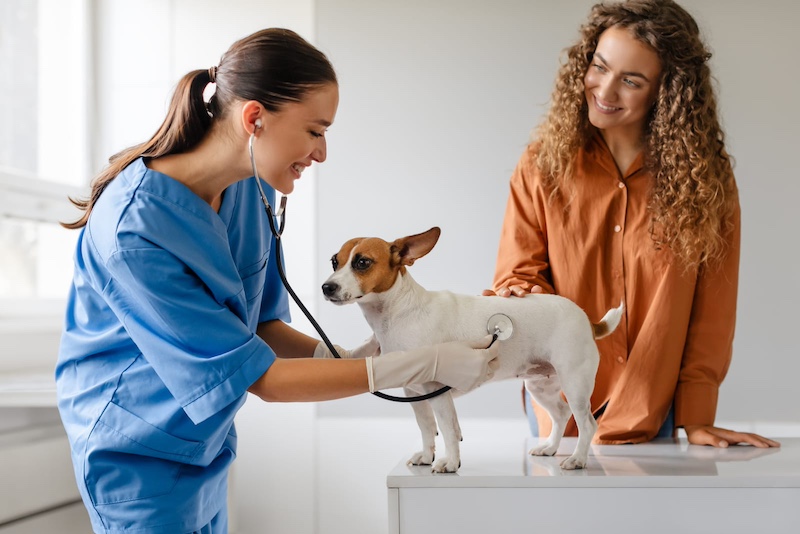
As dogs age, they become more susceptible to various health issues, including arthritis, diabetes, kidney disease, and cognitive decline. Regular veterinary checkups are essential for early detection and management of these conditions. Your vet can recommend appropriate treatments, dietary changes, or medications to help your dog maintain a good quality of life. Consider scheduling bi-annual checkups to monitor your dog’s health closely.
2. Maintain a Healthy Diet

A balanced diet is crucial for an aging dog’s health. Older dogs have different nutritional needs than younger dogs, often requiring fewer calories but more specific nutrients like antioxidants, fiber, and omega-3 fatty acids. These nutrients can help reduce inflammation, support joint health, and boost cognitive function. Consult your vet about the best diet for your senior dog and consider feeding them a specially formulated senior dog food.
3. Keep Them Active
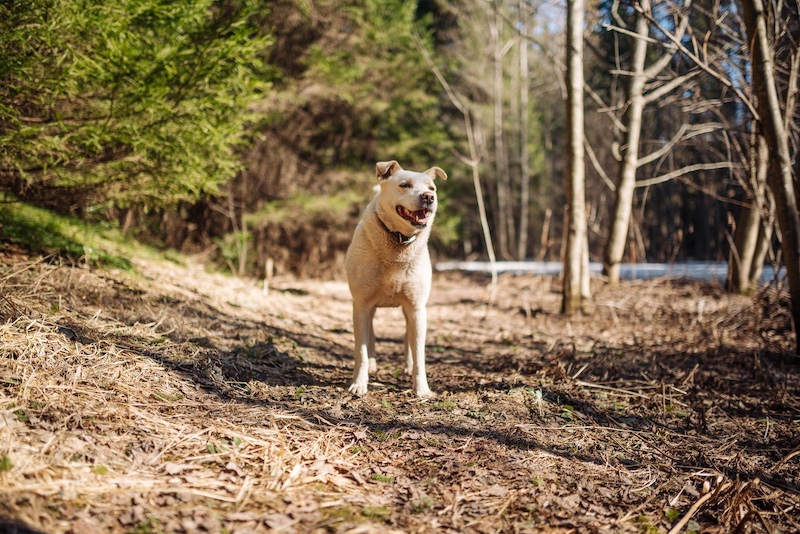
While your dog may not have the same energy levels as they did in their youth, regular exercise is still important. Exercise helps maintain a healthy weight, supports joint function, and provides mental stimulation. Adjust your dog’s exercise routine to their current abilities—shorter, more frequent walks or gentle play sessions may be more appropriate than intense activities. Swimming is also a great low-impact exercise option for older dogs.
4. Provide Comfort at Home
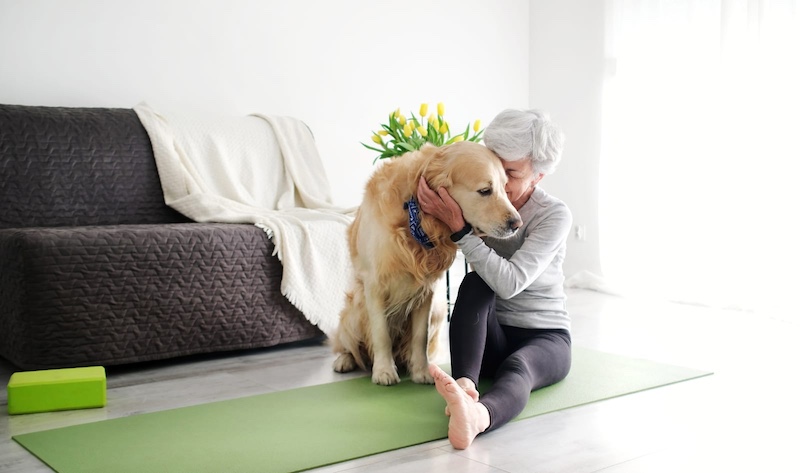
As dogs age, they may experience discomfort from arthritis or other joint issues. Providing a comfortable living environment can help alleviate some of this discomfort. Invest in an orthopedic dog bed that supports their joints and reduces pressure points. Make sure your home is easy for them to navigate—consider installing ramps or non-slip mats if your dog has trouble with stairs or slippery floors.
5. Monitor Their Weight

Maintaining a healthy weight is especially important for aging dogs. Excess weight puts additional strain on their joints and can exacerbate conditions like arthritis. Regular exercise and a balanced diet are key to keeping your dog at a healthy weight. Monitor their body condition regularly and adjust their food intake as needed, always in consultation with your veterinarian.
6. Adapt to Their Changing Senses
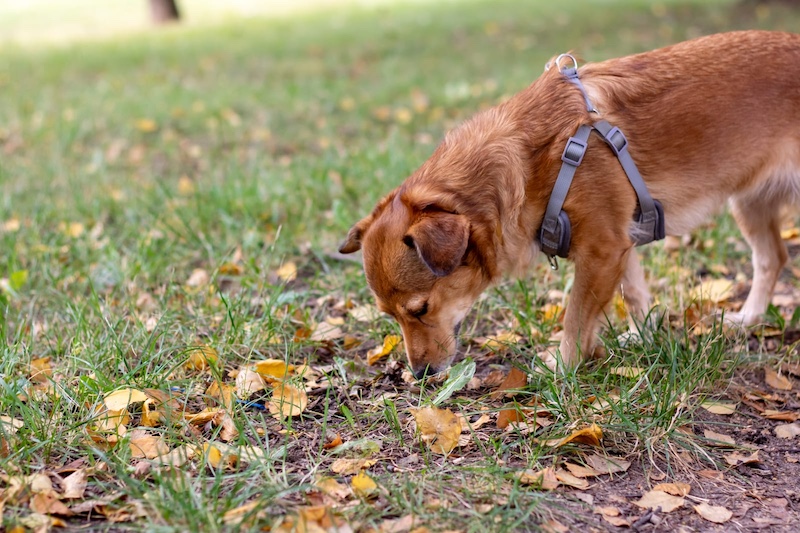
As dogs age, their senses of sight, hearing, and smell may decline. Be patient and adapt to their changing needs. If your dog’s hearing is fading, use visual cues instead of verbal commands. For dogs with vision loss, keep furniture in familiar places and avoid rearranging your home to prevent disorientation. Scented toys can be a great way to engage dogs whose sense of smell remains strong.
7. Provide Mental Stimulation
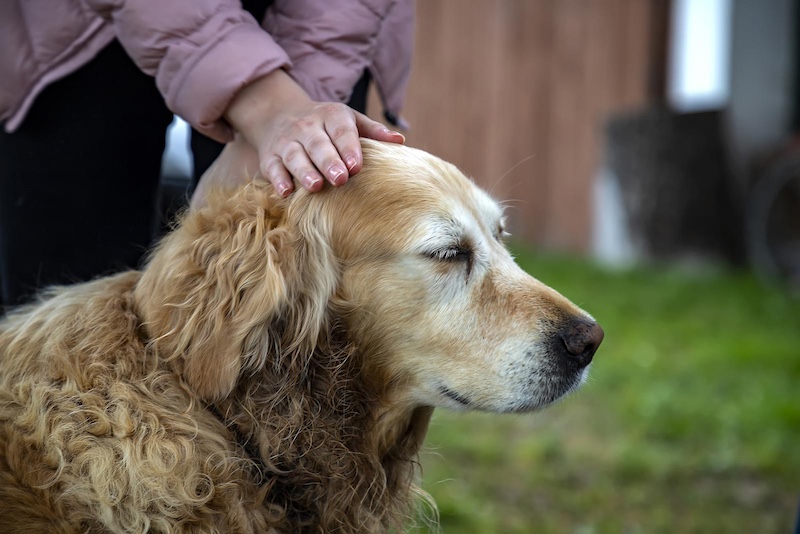
Cognitive decline is common in aging dogs, but mental stimulation can help slow this process. Engage your dog with puzzle toys, interactive games, and new experiences. Training sessions, even for basic commands, can keep their mind sharp and provide a sense of accomplishment. Regular social interaction with other dogs and people can also contribute to their mental well-being.
8. Be Attentive to Their Pain Levels
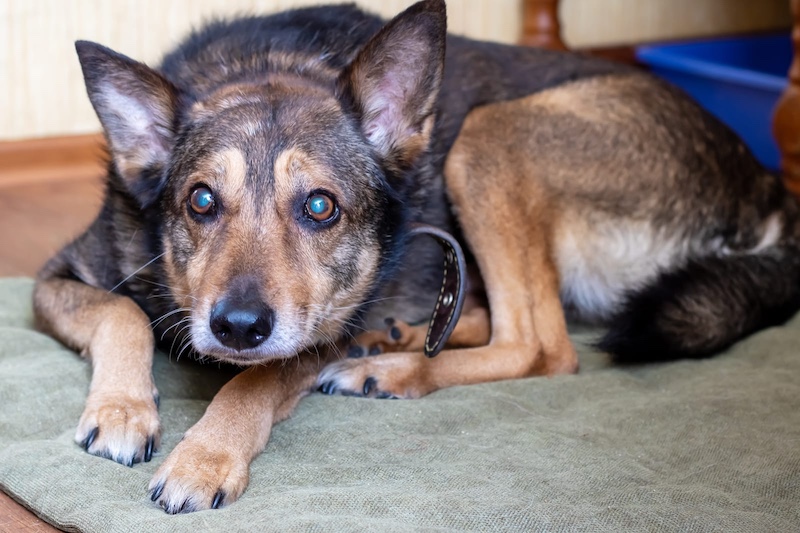
Pain management is crucial for senior dogs, especially those with arthritis or other chronic conditions. Pay close attention to signs of pain, such as limping, reluctance to move, or changes in behavior. Your vet may recommend pain relief options such as medication, physical therapy, or acupuncture. Always follow your vet’s guidance when administering pain relief to ensure it’s safe and effective for your dog.
9. Support Their Mobility
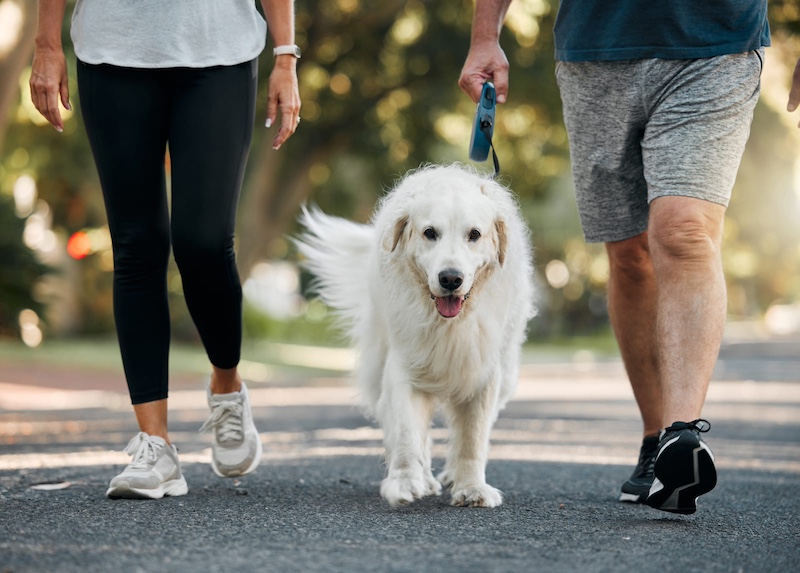
Mobility issues are common in aging dogs, but there are ways to support their movement and keep them active. Ramps and stairs designed for dogs can help them access furniture or cars without jumping, reducing strain on their joints. Consider using a harness with a handle to assist them during walks or when getting up from a lying position. Regular, gentle exercise can also help maintain their mobility.
10. Shower Them with Love and Attention
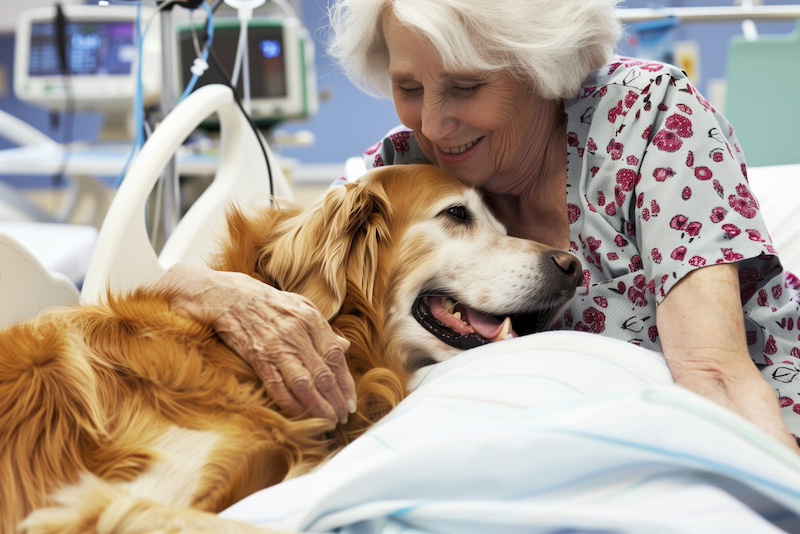
Perhaps the most important way to help your dog cope with aging is to show them love and attention. Senior dogs may become more dependent on their owners and can benefit greatly from extra affection. Spend quality time with your dog, provide plenty of cuddles, and ensure they know they are still a cherished member of the family. Your companionship can provide comfort and reassurance as they navigate the challenges of aging. Please Note: This content was created with the assistance of AI and thoroughly edited by a human before publishing.

